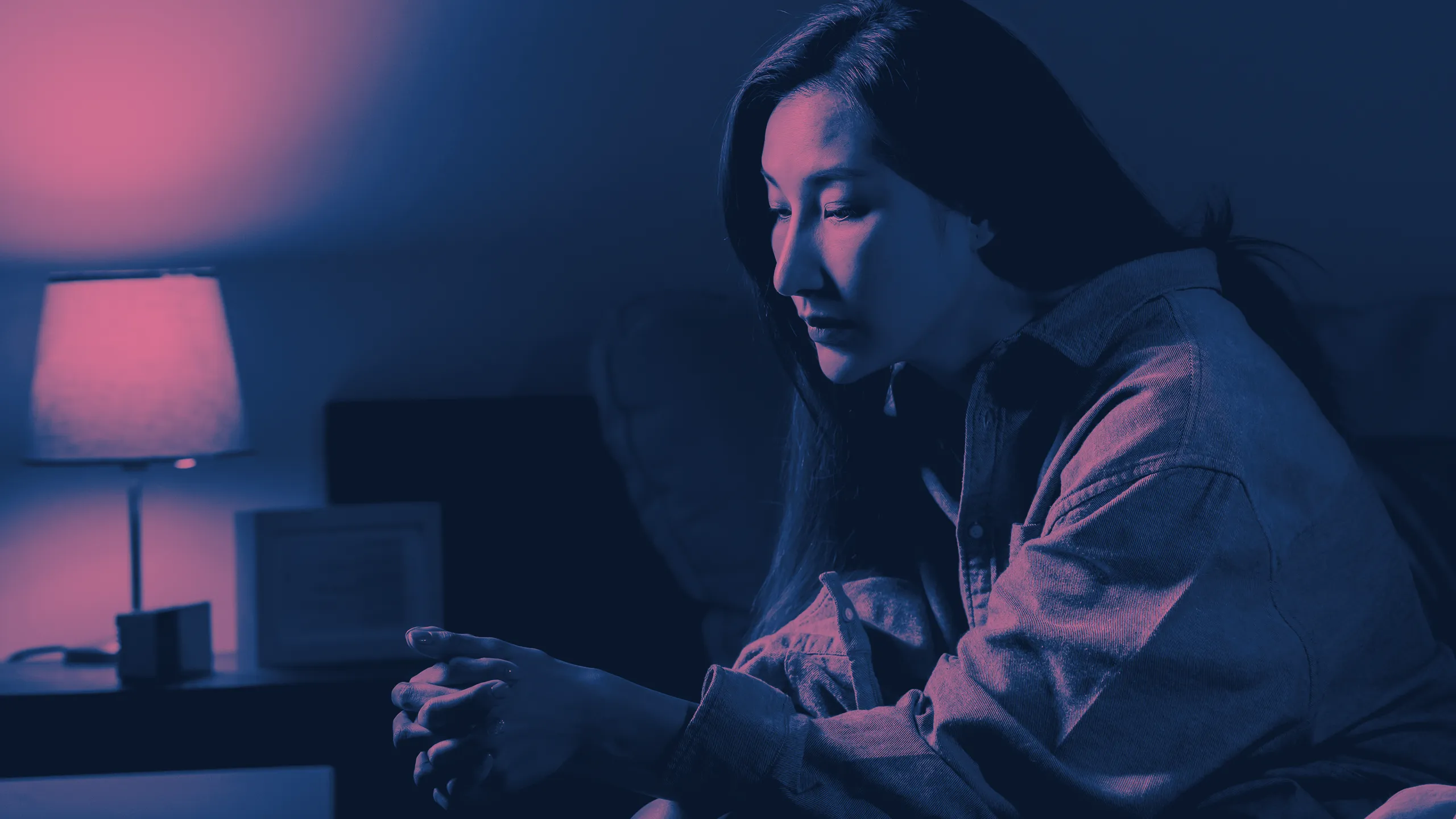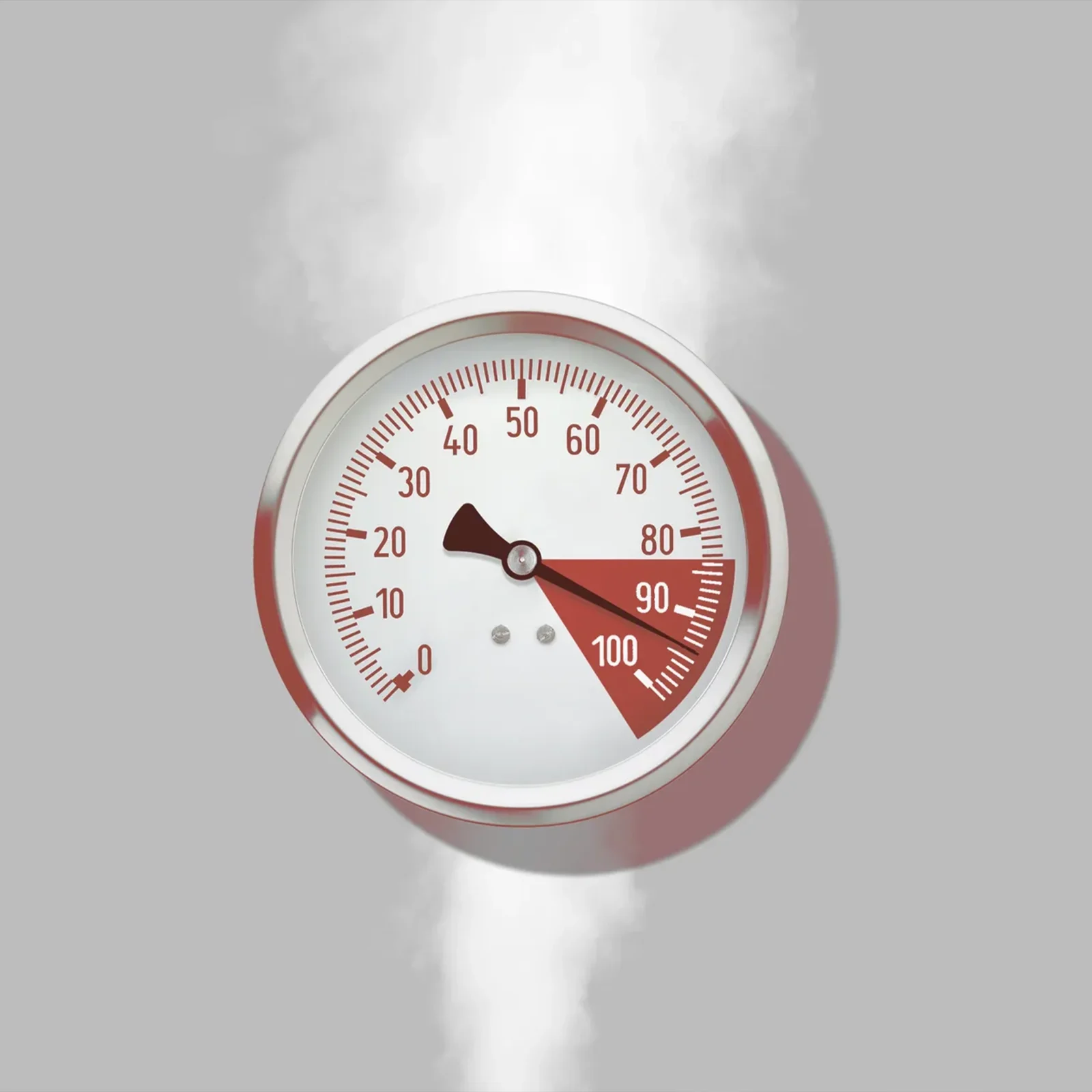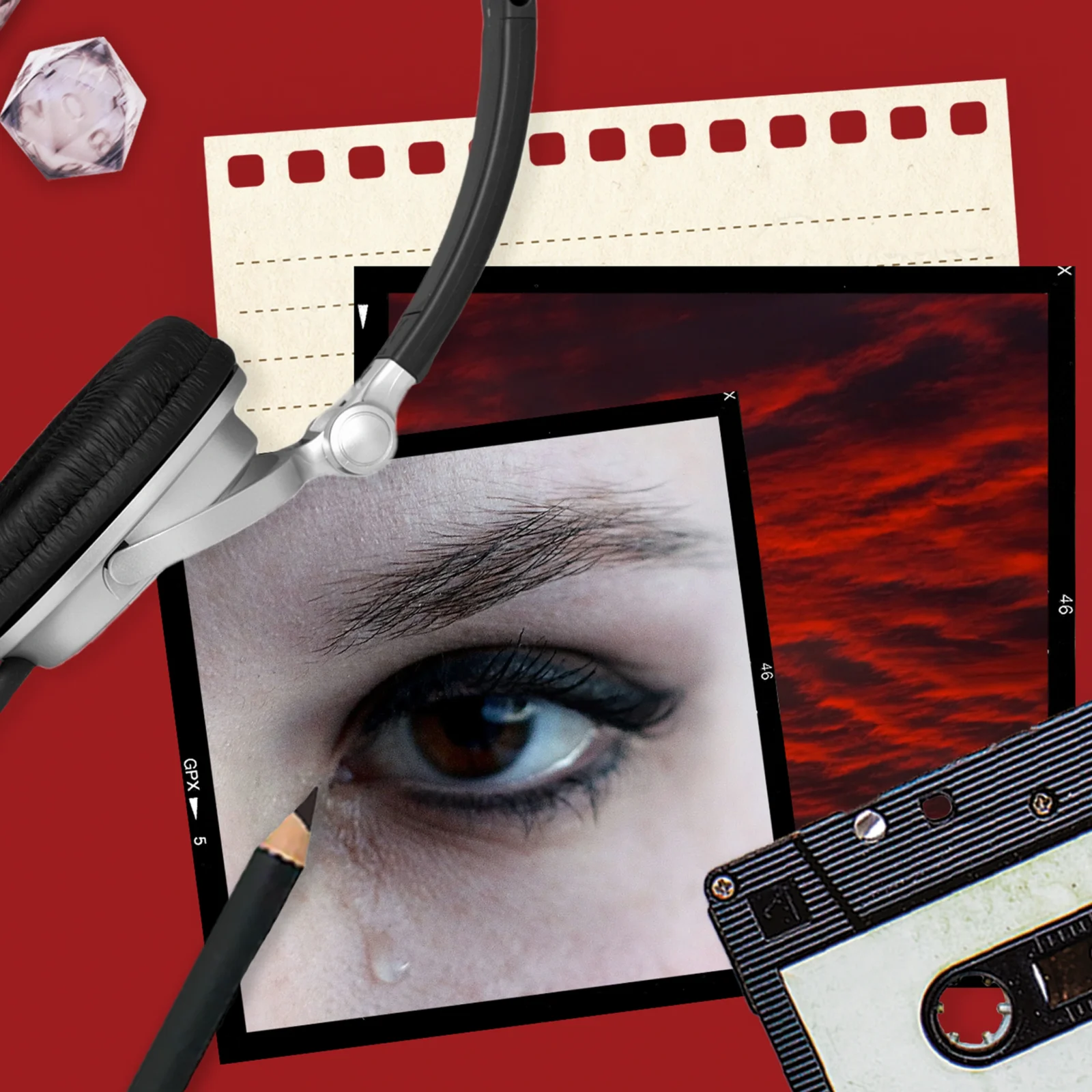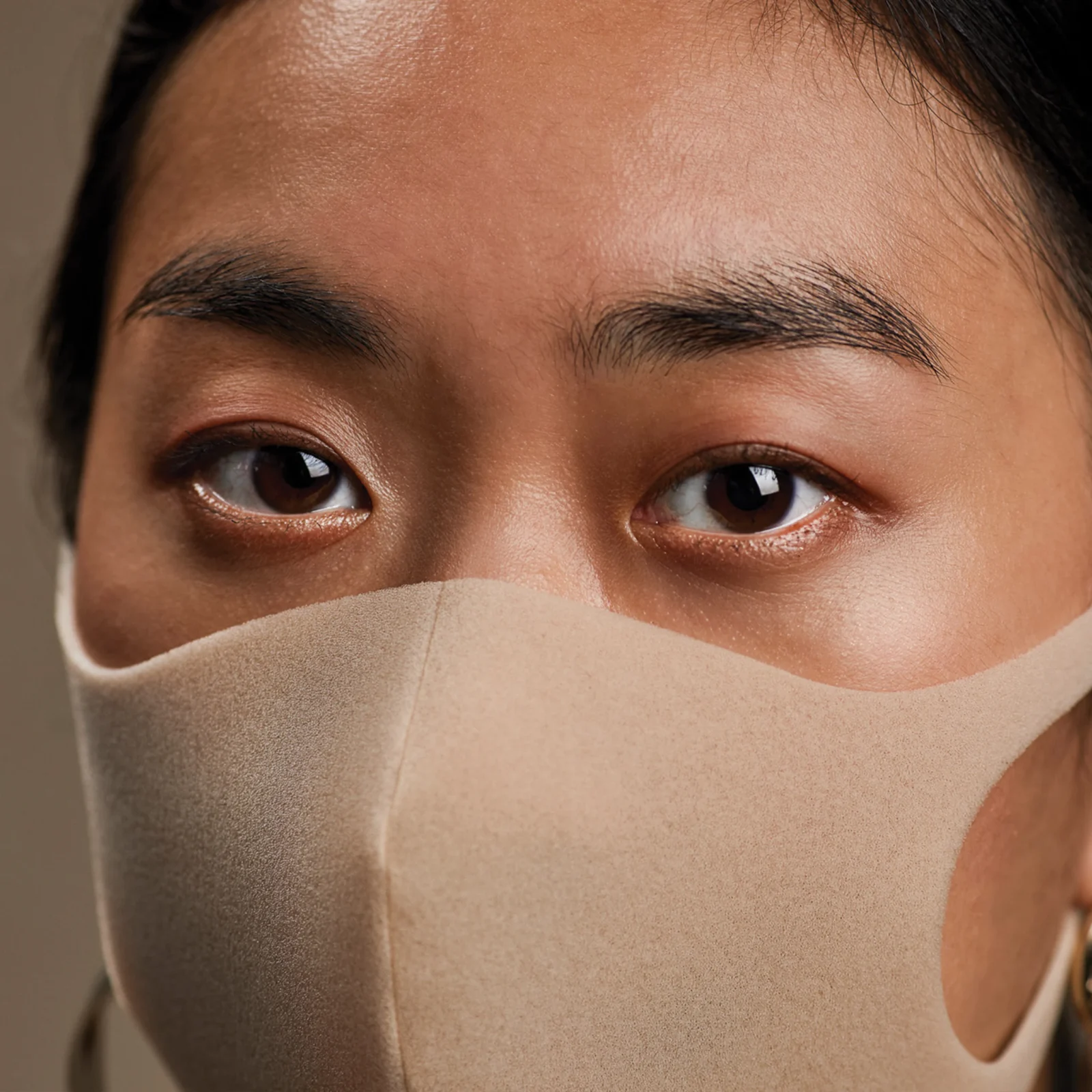The Wake-Up Call: How Sleep Deprivation Is Wrecking Our Lives
The secret to better days starts with better nights.
In a world where constant demands and fast-paced routines often take precedence, sleep is frequently pushed to the bottom of our priority lists. Michael Alexius Sarte, MD, a Sleep-ENT specialist at The Medical City, is all too familiar with this reality. Yet, he explains how poor sleep can have a ripple effect, impacting everything from mood to digestion, ultimately sabotaging our overall health and performance.
A sleep doctor, Dr. Sarte is one of very few in our country of 117 million. Not sleeping through the issue (ahem), we get straight to the point and ask him: How do you think our lifestyles affect our quality of sleep?
What followed was a deep realization of how poor sleep creates a ripple effect of consequences in our daily lives—affecting everything from diet to mood swings, and even professional performance. “When we don’t get enough sleep, our nervous system becomes more sensitive,” Dr. Sarte tells Allure Philippines. “We become more irritable, our temper shortens, and it impacts our comprehension and learning. Our blood pressure can also become less controlled, and our immune system can be affected.”
He stresses that it’s not just our brains suffering from all-nighters; it’s our entire system. He continues, explaining that it also affects our digestion, as inadequate sleep interferes with how the body processes nutrients, making it harder to maintain a healthy weight. “When you develop unhealthy habits, they cascade into other bad habits—sleeping late, skipping meals, changing your routine—and before you know it, you’re not living a very healthy lifestyle,” he says.
Are you sleep-deprived?
When you’re sleep-deprived, it’s not just about feeling tired—you’re actually starving your brain. It’s more like fasting for your mind than your stomach. A lot of people don’t realize this, but sleep deprivation doesn’t really hit you until you’ve been off your sleep schedule for about three days. Even just one week of bad sleep can seriously increase your chances of mental health issues.
“Because you lack sleep, your hormones don’t recover properly, so you’re easily agitated and more sensitive,” Dr. Sarte explains. “Instead of getting restorative sleep, you’re staying awake, which leads to anxiety. And when you’re anxious, how can you sleep?”
He adds that this cycle can make you more likely to develop insomnia, which starts a whole chain of negative effects, and can often lead to depression. “It’s always the mind and body working together,” he says. “If one is affected, the rest follows suit.”
Hustle culture hurts.
Hustle culture is forcing us to change our natural sleep cycles, and many don’t even realize it. People are no longer sticking to the regular patterns our bodies are designed for. Dr. Sarte argues that forced graveyard shifts are putting people’s health at serious risk, because “human beings weren’t built to live nocturnally.”
For many, sticking to a regular daytime work schedule could mean sacrificing larger budgets or dealing with pay cuts. “But at least they’re healthier,” Dr. Sarte optimistically remarks. “They’re going to live longer.” Sleep deprivation, he notes, has long-term consequences—such as increased risks for cancer and heart failure. And when it becomes chronic, sleep deprivation can lead to impaired memory, poor decision-making, and even increased susceptibility to stress and anxiety.
Though some may believe they can “catch up on sleep,” Dr. Sarte stresses that the quality of sleep is still best achieved during the night. He advises that, if we absolutely have to work late into the night, we return to a regular sleep schedule by the fourth night.
That’s the beauty of sleep. You recover.
While the idea of fixing your sleep might sound overwhelming, it’s actually not as tough as it seems. If you want to get your sleep schedule back on track, Dr. Sarte suggests aiming to be in bed between 9 p.m. and 10 p.m.. And if you take melatonin, it’s best to take it around that time to help boost your body’s natural melatonin production. This simple change can already help lower cortisol levels, which is our stress hormone. Cortisol levels also peak in the morning, around 8 a.m.. “If you wake up at that time and sleep that early,” Dr. Sarte says, “You wouldn’t even have to drink coffee anymore. After lunch, it [your cortisol levels] gets lower again in preparation for going to bed.”
“You can always recover the next night,” Dr. Sarte says, and it sounds optimistic, encouraging, and factual all at once. In the past, research contradicted this statement. But studies as recent as 2020 have debunked this, saying that “catch-up” sleep was associated with better sleep outcomes than simply staying sleep deprived. A 2018 study in the Journal of Sleep Research conducted over several years also revealed that individuals who slept four to six hours on weekdays, but made up for lost sleep on weekends tended to live longer than those who experienced consistent sleep deprivation throughout the entire week.
Joking about how all-nighters can be damaging—whether they’re due to night shifts or late nights out—I ask Dr. Sarte if he’s noticed that his patients are getting younger and younger. He agrees, though with a tone more woeful than I expected. But just how much sleep do we actually need, depending on our age group?
For Gen X, Dr. Sarte recommends six to seven hours of sleep. “For younger generations, a bit more—maybe seven to eight hours. But it’s not just about the length, it’s also about the depth,” he notes, emphasizing the importance of sleep quality, not just quantity. Seven to eight hours of sleep typically equates to four to five full sleep cycles, and interestingly, the younger you are, the more sleep you need. “It’s a myth, though, to say that older people need less sleep!” Dr. Sarte adds promptly. “They need the same amount [of sleep] as a regular adult would.”
Sleeping is like eating.
It’s not just how much sleep we get—it’s also what we eat. Dr. Sarte explains that diet plays a significant role in shaping our sleep patterns, influencing both the quality and duration of rest. Curious about the connection between diet and sleep, I asked him what eating habits we should adopt to support optimal sleep health. “I think a Mediterranean diet is a great choice,” he says. “It includes eggs, fish, vegetables, and milk, all of which are rich in natural melatonin. Not many people know this, but even rice, berries, and nuts can help.” He emphasizes that eating the right foods, in the right amounts, is always recommended for better sleep.
This is supported by a 2016 study, the Effects of Diet on Sleep Quality, which mentions that modifying our diet—like increasing fruit and vegetable consumption, choosing fiber-rich whole grains, and opting for less-fatty vegetable oils—can improve sleep quality.
In this fast-paced, demanding world, prioritizing sleep is often overlooked. Perhaps it’s time we shift our focus back to the importance of a good night’s rest—and to the specialists who can help us reclaim it.
Latest Stories
You might also like
To provide a customized ad experience, we need to know if you are of legal age in your region.
By making a selection, you agree to our Terms & Conditions.








